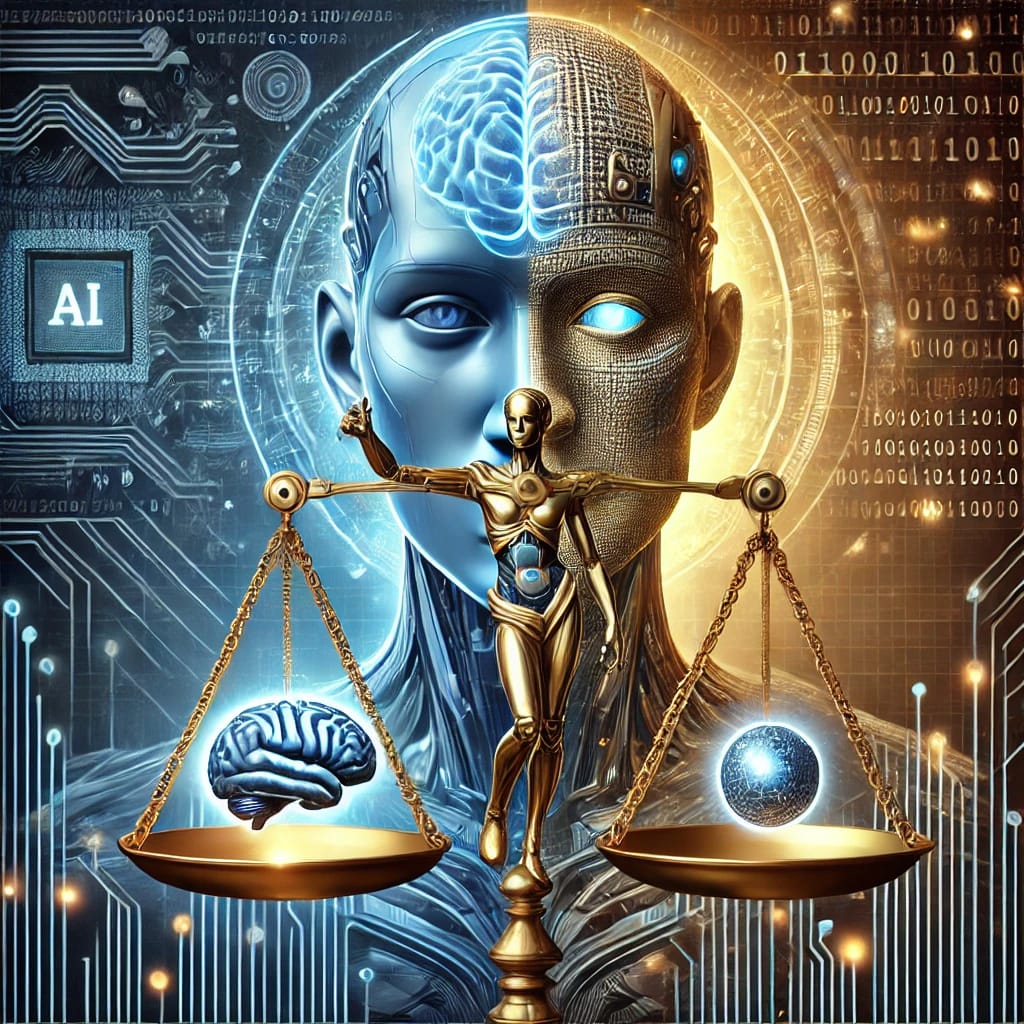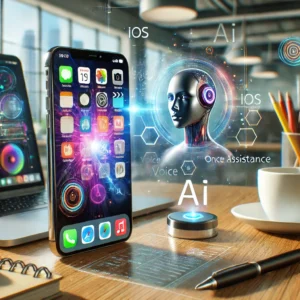
As artificial intelligence (AI) continues to transform industries and revolutionize human life, it’s essential to consider the ethical implications of this technology. AI has the potential to bring about immense benefits, but it also raises important questions about responsibility, accountability, and transparency. In this article, we’ll explore the ethics of AI and discuss ways to prioritize responsible innovation.
Understanding AI Ethics
AI ethics refers to the principles and values that guide the development and deployment of AI systems. It involves considering the potential consequences of AI on individuals, communities, and society as a whole. Some key ethical considerations include:
Bias and fairness: AI systems can perpetuate and amplify existing biases if they’re trained on biased data or designed with a particular worldview.
Transparency and explainability: AI decisions should be transparent and explainable to ensure accountability and trust.
Accountability and responsibility: Developers and deployers of AI systems must be held accountable for their creations’ actions and outcomes.
Privacy and security: AI systems must protect users’ privacy and ensure the security of their data.
Prioritizing Responsible AI Innovation
To ensure responsible AI innovation, consider the following strategies:
Diverse and inclusive development teams: Encourage diverse perspectives and expertise to minimize bias and ensure AI systems serve all users.
Ethical frameworks and guidelines: Establish clear ethical guidelines and frameworks for AI development and deployment.
Regular auditing and testing: Regularly audit and test AI systems for bias, transparency, and accountability.
Stakeholder engagement: Engage with stakeholders, including users, communities, and experts, to ensure AI systems meet their needs and values.
The ethics of AI is a critical consideration for developers, deployers, and users of AI systems. By prioritizing responsible innovation and addressing ethical concerns, we can ensure AI benefits humanity while minimizing its risks. Remember, AI is a tool, and like any tool, it’s up to us to use it responsibly and ethically.


